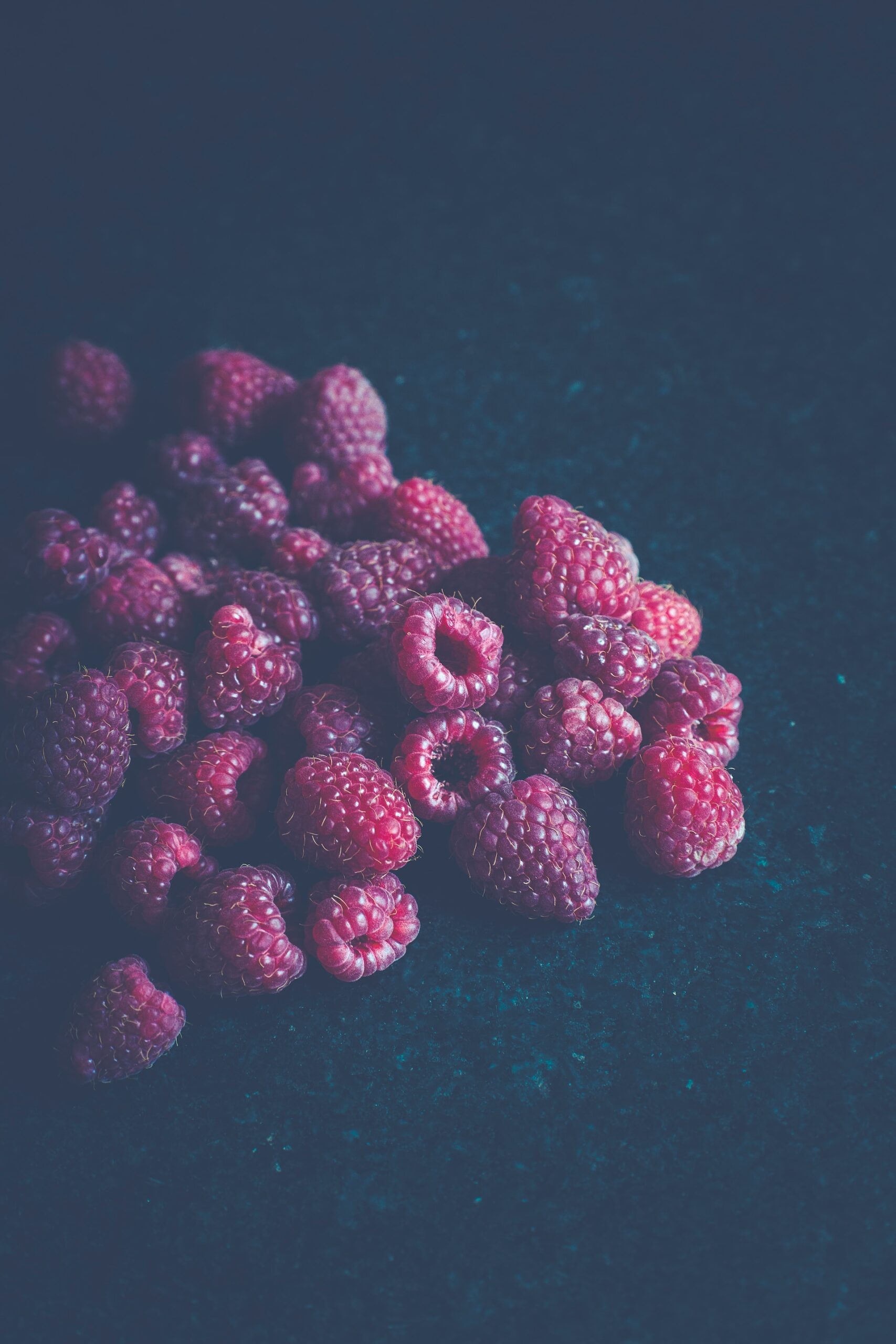Embracing nature’s process, we can cultivate healthy gardens that co-exist harmoniously with the local wildlife. Organic fertilizers play a colossal role in this approach, not only enriching the soil but ensuring the safety of our animal friends. Underscoring the well-being of our ecological neighborhood means taking heed of the dangers synthetic fertilizers pose. Let’s embark on a journey demystifying six organic fertilizers that are totally safe for wildlife.
1. Compost
Compost is a well-loved, pocket-friendly, and easily-handled organic fertilizer. Derived from recycled plant wastes like rotting leaves, fruit peels, and garden debris, it’s nature’s way of aiding plant growth while safeguarding budding soil life. This organic fertilizer offers nutrients vital to plants and enriches soil structure. It helps retain moisture in the soil while keeping pests and diseases at bay—all with no adverse effects on wildlife. Check out Pennington’s tips on how to handle compost.
2. Worm Castings
Worm castings, or worm manure, is a rich, odorless, and natural form of fertilizer. They work wonders in revitalizing dull and lifeless soil, enhancing its texture and fertility. Plus, they don’t harm your unassuming backyard critters. Worm castings are a cornucopia of minerals crucial for plant growth – iron, calcium, and magnesium, among others, releasing slowly into the soil in amplifying nutrient uptake and yield.
3. Bone Meal
Bone meal is a potent organic fertilizer. Produced from steamed animal bones, it’s been a garden aid for generations. This bulky substance boosts calcium and phosphorus levels in the soil, propelling root development and blooming. Notably, bone meal is non-burning — a quality that distinguishes organic fertilizers favoring wildlife safety over synthetic options. Its slow-release pattern ensures long-term soil nourishment without excesses that might pose danger to wildlife.
4. Fish Emulsion
Delve into the oceanic depths with fish emulsion, a fertilizer teeming with horticultural benefits. It’s a fluid extract drawn from the byproducts of fish. Fish emulsion delivers a balanced load of primary nutrients —nitrogen, phosphorus, and potassium— supplementing plants and promoting vibrant, ecstatic growth. It’s not only safe for wildlife but encourages a thriving ecosystem with every application.
5. Bat Guano
Bat guano, despite its oddity, has a reputation as a premium organic fertilizer. It’s the nutrient-laden excrement of bats that boosts soil fertility and enhances plant vigor, without pesky synthetic toxins. Notably, bat guano fosters beneficial soil microbes that counter pathogens, promoting soil health. Interestingly, Birds & Blooms offers insights on a bird-safe backyard, supplementing your organic fertilizer use.
6. Alfalfa Meal
Alfalfa Meal is an all-round organic fertilizer derived from ground alfalfa plants. Its slow, consistent nutrient release is ideal for flowering and vegetative plants, subtly invigorating leaf growth and bloom production. This non-hot fertilizer doesn’t burn plants nor startle the fauna, unlike synthetics. It’s a wildlife-friendly ally in the organic gardening space, boosting soil structure and promoting beneficial microorganisms.
In conclusion, using organic fertilizers is an act of conscious gardening that honors earth’s natural cycles. Prioritizing them over synthetics protects our gardens, their inhabitants, and the wildlife interacting with them. To further appreciate the downsides of synthetic fertilizers, visit Heirloom Soul’s blog. Keep in mind that your gardening choices ripple into the wider ecosystem. Choose wisely and grow responsibly.

